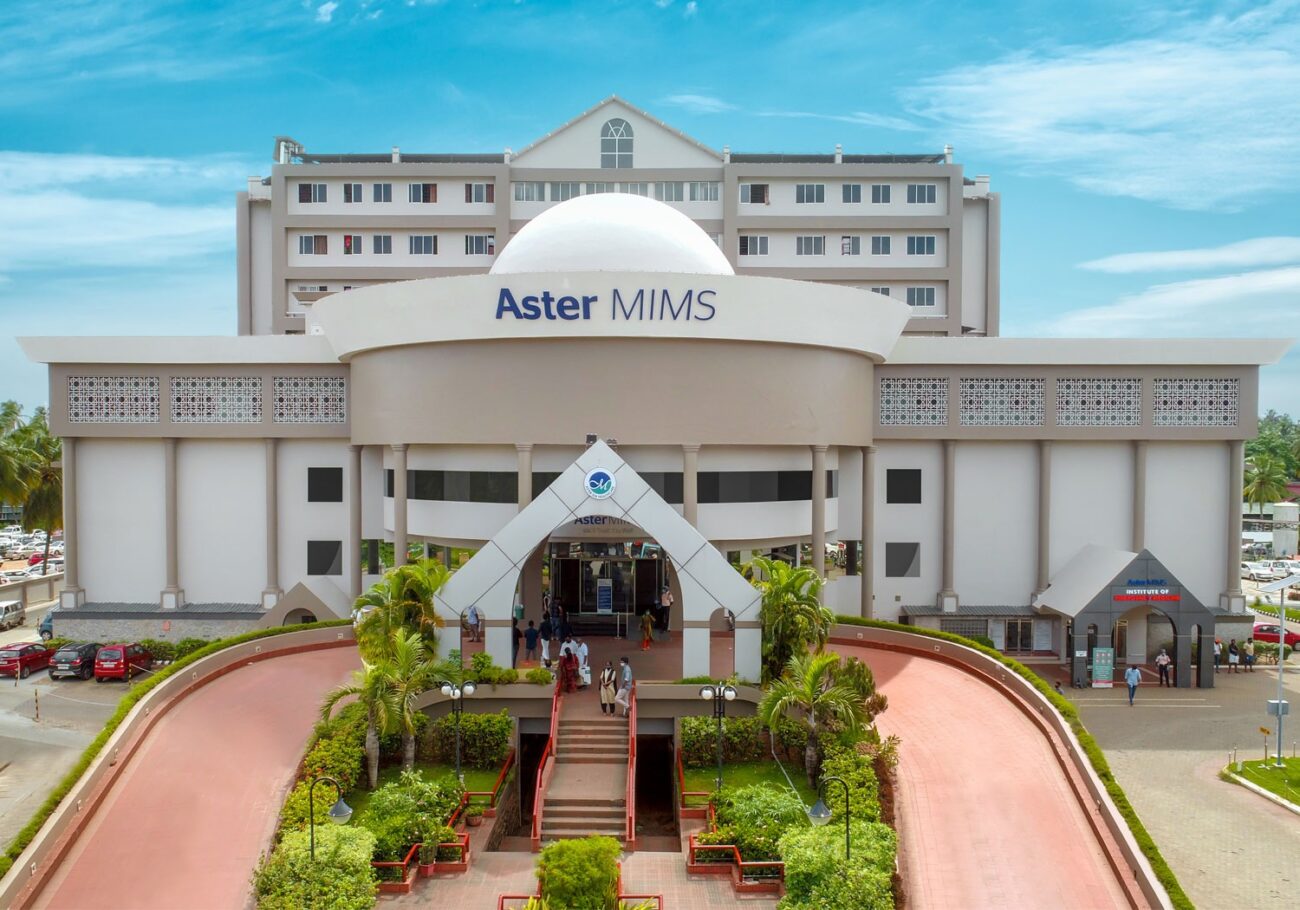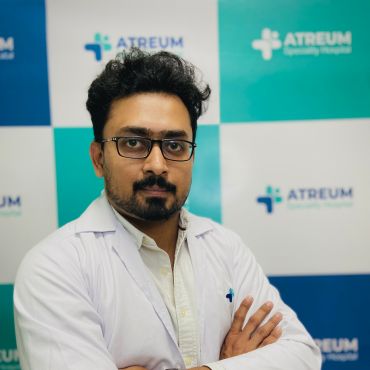Max Healthcare’s comparative study of Covid 19 patients during the 3 waves
Max Healthcare has come up with a comparative study of all admitted Covid patients since the beginning of 3rd wave till Jan 20th, 2022. The study has been conducted under Dr. Sandeep Buddhiraja, Group Medical
Max Healthcare has come up with a comparative study of all admitted Covid patients since the beginning of 3rd wave till Jan 20th, 2022. The study has been conducted under Dr. Sandeep Buddhiraja, Group Medical Director, Max Healthcare.
This comparative study from all admitted patients across Max Healthcare hospitals, has been conducted to compare rate of admission, ICU requirement, mortality, etc among COVID-19 patients from Wave 1 and Wave 2 vs Wave 3.
The key findings are as below:
- During a time when Delhi was recording a 28,000 positive cases per day during Wave 2 last year, hospitals across the city were full and no ICU beds were available. In comparison to that, in the current wave when the Capital recorded its highest around 28,000 positive cases in a single day, the hospital COVID occupancy across our network is at less. There is no crisis inside our hospitals.
- If we are to compare the oxygen requirement in Wave 1 and Wave 2, it was as high as 63% and 74% respectively. This stands at a nominal 23.4% during the current wave.
- The percentage occupancy of ICU beds however, is not higher compared to the first two waves. One must note that this sample is biased as Max Healthcare caters to tertiary and quaternary care and we receive a significant number of critical patients referred to us. Hence there is always a disproportionately higher ICU demand.
- The overall mortality in Wave 1 was at 7.2% which increased to 10.5% during Wave 2. We have recorded 6% mortality in COVID 19 patients during the ongoing wave. Hence, although the number of patients getting admitted is fast rising over the past 10 days and more and more daily deaths are being reported, the good news is that variant Omicron seems to be causing a much milder disease. Lesser numbers of patients require hospitalisation and the strain on healthcare services in terms of oxygen requirement, etc is also much lesser.
- A large part of this is because of vaccinations. In our hospitals, out of 82 deaths so far, 60% was seen in the partially or unvaccinated population. Also, the deaths reported are largely in the elderly population (above 70years of age) suffering multiple co-morbidities such as kidney diseases, heart diseases, diabetes, cancers, etc.
- Amongst the paediatric admissions across our network hospitals, we have admitted 41 number of children (below 18 years). However, no deaths have been reported in this age-group. 7 required PICU while 2 were on ventilators.
| Total admissions | ICU admissions | Deaths | On Oxygen | On NIV + IV | |
| Wave 1 | 20,883 | 35% | 7.2% | 63% | 18% |
| Wave 2 | 12,444 | 34% | 10.5% | 74% | 19% |
| Wave 3 | 1378 | 45.9% | 6% (82) | 23.4% | 13.2% |
** W1: March 2020 till Jan 2021
W2: March 2021 till June 2021
W3: Dec 2021 onwards
About Max Healthcare:
Max Healthcare Institute Limited (MHIL) is one of India’s largest hospital chain (considering only income from healthcare services) in fiscal2021. It is committed to the highest standards of medical and serviceexcellence, patientcare, scientificand medical education.
MHIL has major concentration in North India consisting of a Network of 17 healthcare facilities. Out of the total Network, eight hospitals and four medical centres are located in Delhi and the NCR and the others are located in the cities of Mumbai, Mohali, Bathinda and Dehradun. The Max Network includes all the hospitals and medical centres owned and operated by the Company and its subsidiaries, partner healthcare facilities and managed healthcarefacilities.Theseincludestate-of-the-arttertiaryandquaternarycare hospitals at Saket,Patparganj,Vaishali,RajendraPlace,andShalimarBaghin Delhi NCR and one each in Mumbai, Mohali, Bathinda and Dehradun, secondary care hospital in Gurgaon and Day Care Centres at Noida, Lajpat Nagar and Panchsheel Park in Delhi NCR and one in Mohali, Punjab.ThehospitalsinMohaliandBathindaareunderPPParrangementwiththeGovernment of Punjab.
In addition to its core hospital business, MHIL has two SBUs – Max@Home and MaxLab. Max@Home is a platform that provides health and wellness services at home and MaxLab offers diagnostic services to patients outside its Network.






